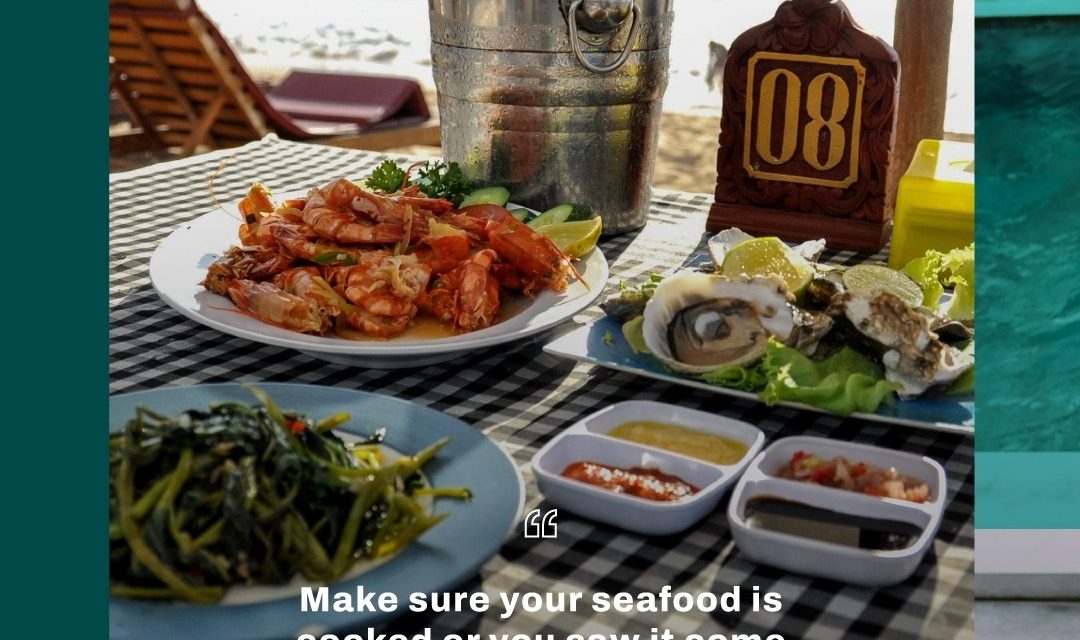If there’s a culinary paradise on Earth, it’s undoubtedly Ubud, Bali. Nestled amongst lush rice paddies and surrounded by vibrant markets, Ubud is not just the cultural heart of Bali; it’s also a haven for food lovers. I had the pleasure of immersing myself in the world of Balinese cuisine through traditional cooking classes in Ubud, and it was an experience that tantalized my taste buds and awakened my spirit of adventure.
Why Take Cooking Classes in Ubud?
When I first arrived in Ubud, the aromatic scents wafting from the local warungs (small eateries) instantly drew me in. It wasn’t long before I realized that to truly understand Balinese culture, one must embrace its culinary traditions. Taking cooking classes in Ubud was a way for me to dive deeper into the local lifestyle and connect with the warm-hearted locals who shared their wisdom in the kitchen.
Choosing the Right Class
With so many cooking classes available, selecting the right one might seem a bit overwhelming. On my first day, I wandered into a charming little cooking school called *Bali Asli*. The vibrant colors of the spice market nearby caught my eye, and the savory aromas coming from the kitchen fueled my curiosity.
Tip: Look for Class Reviews
Before making a decision, check online reviews. Look for classes that emphasize hands-on experience and small group sizes. I chose a class that promised not just cooking but also a shopping trip to the local market for fresh ingredients.
The Market Experience
I’ll never forget my first visit to the traditional market. We started our cooking class with a guided tour of the Ubud market, where vibrant fruits and vegetables were piled high like a work of art. Our instructor taught us how to select ripe tomatoes, fragrant lemongrass, and fresh turmeric. It was amusing to watch my fellow participants—some hesitantly poking at durians while others snapped photos like they were at a fashion show.
Practical Advice: Embrace the Local Produce
One of the biggest lessons I learned during my market tour was the importance of fresh ingredients in Balinese cuisine. So, if you’re ever in a similar situation, don’t be afraid to ask local vendors for tips on how to select the best produce.
Cooking Under the Palm Trees
After our market adventure, we returned to the cooking school. Cooking here was an absolute delight. Picture this: standing in an open-air kitchen surrounded by palm trees, taking in the sights and sounds of nature while preparing food.
Our instructor demonstrated how to make *Bebek Betutu*, a mouthwatering dish featuring duck marinated in a blend of spices. Following her lead, I finely chopped chili, garlic, and ginger, the fresh scents awakening my appetite. Surprisingly, it wasn’t just about the food; it was about the stories we shared and the laughter that echoed through the kitchen.
Personal Anecdote: Finding My Spice
At one point, I accidentally sprinkled way too much chili into my mixture, and my attempt at humility lasted mere minutes; the result was the spiciest dish I would ever create. As my classmates chuckled at my fiery creation, the laughter bonded us. Moments like these reminded me that cooking is not just about perfection; it’s about spontaneity and joy.
Embracing the Tradition
What truly struck me was how the cooking class preserved traditional Balinese practices. Our instructor shared stories about how certain dishes are prepared during ceremonies and family gatherings. For example, *Rujak*, a fruit salad unlike any other, holds significance in special occasions across the island.
Insight: Add a Cultural Element
To enhance your cooking class experience, inquire about the cultural significance behind the ingredients or the dishes you are preparing. Knowing the stories behind the food adds a whole new layer of appreciation.
Sharing the Meal
After all the hard work of cooking, my favorite part was gathering around the table to share the meal we created. It felt like a family reunion, despite us being strangers just hours before. The satisfaction of savoring the flavors of our labor, while exchanging stories and laughter, created memories that I cherish to this day.
Tip: Don’t Hesitate to Share Your Experience
If you ever join a cooking class, consider asking other participants about their experiences or culinary backgrounds. Sharing personal stories can enhance your experience and deepen connections.
Final Thoughts
Taking traditional cooking classes in Ubud, Bali, was much more than just learning how to prepare local dishes. It was a blend of culture, community, and culinary delight. I walked away not only with new recipes but also with a genuine sense of belonging and appreciation for Balinese traditions.So, if you ever find yourself in Ubud, I wholeheartedly encourage you to roll up your sleeves and get involved in a cooking class. Connect with the heart of Balinese culture, meet fellow foodies, and most importantly, let the flavors of Bali sweep you off your feet. Whether you’re a novice cook or a seasoned chef, the experience will leave you with a bowl full of cherished memories. Enjoy the journey, and may your taste buds celebrate the vibrant essence of Ubud!






